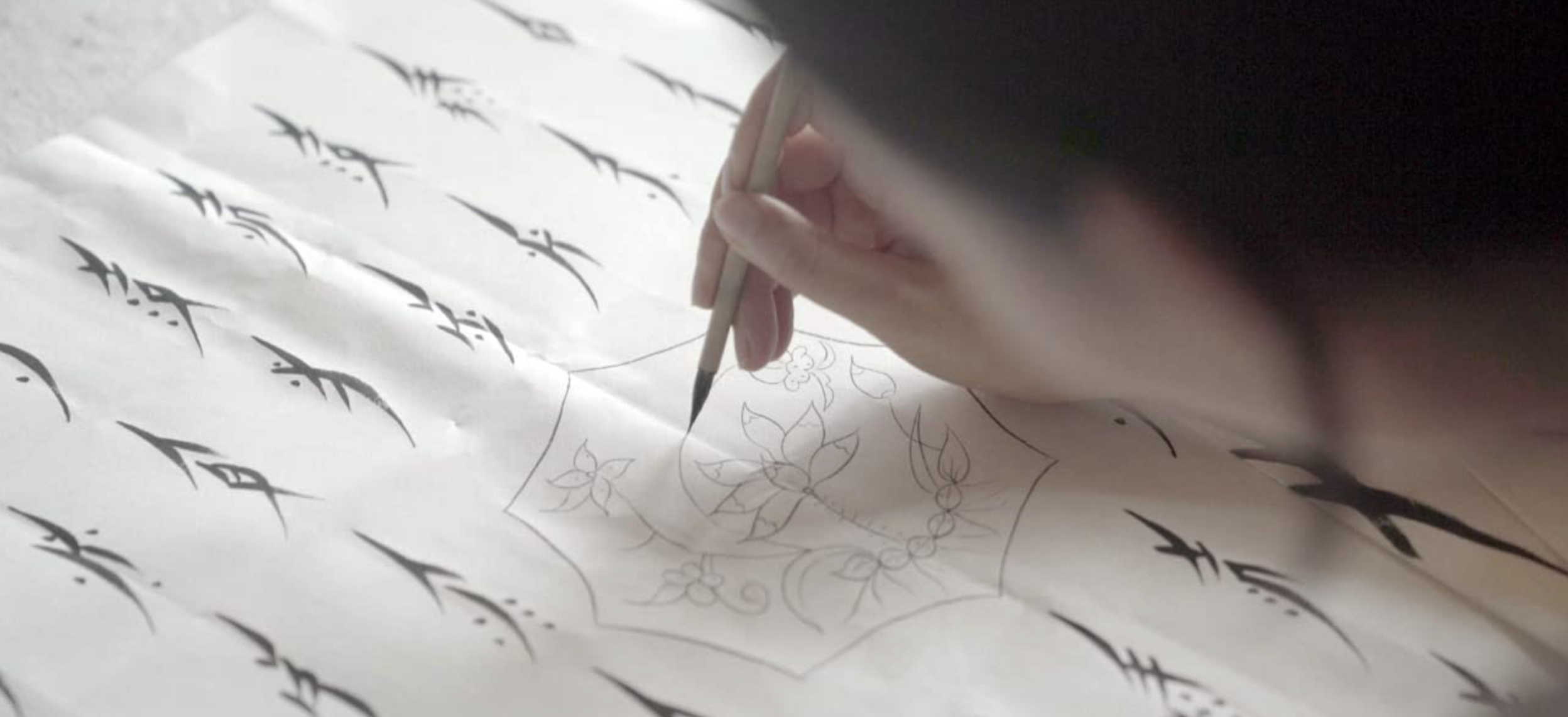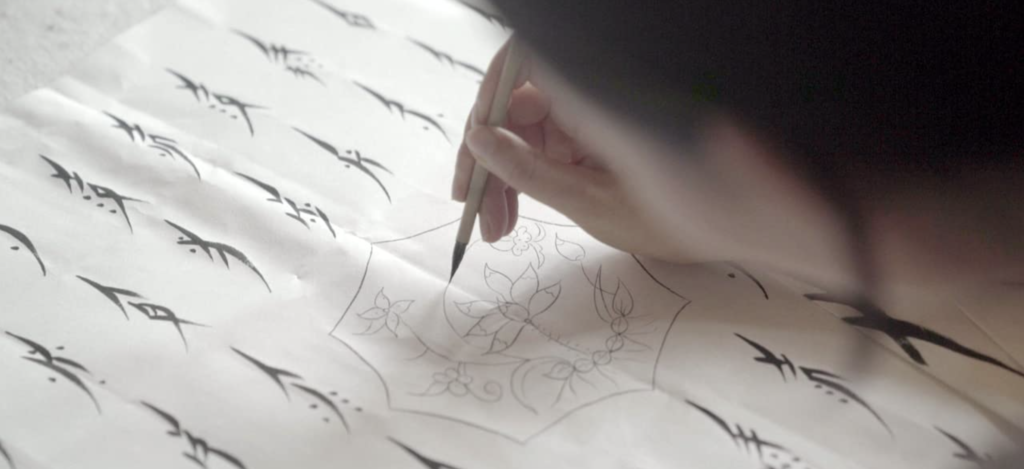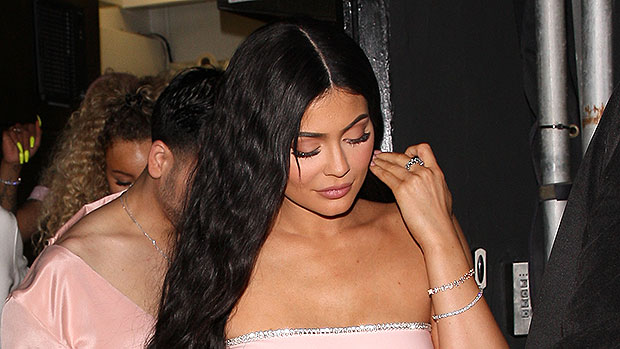Trailer Watch: Women Use a Secret Language in Violet Du Feng and Zhao Qing’s “Hidden Letters”
What if there was a way for women to communicate with each other secretly? For women to freely express their innermost sorrows and desires without the understanding of men? Such a language exists – and has existed for thousands...


Trailer Watch: Women Use a Secret Language in Violet Du Feng and Zhao Qing’s “Hidden Letters”
"Hidden Letters"What if there was a way for women to communicate with each other secretly? For women to freely express their innermost sorrows and desires without the understanding of men? Such a language exists – and has existed for thousands of years – in Jiangyong County of Hunan, China.
Violet Du Feng and Zhao Qing’s “Hidden Letters” follows two millennial women, Hu Xin and Wu Simu, who are protecting the centuries-old language system of Nüshu (女書), which translates to “women’s script.” Nüshu is a syllabic script derived from Chinese characters invented and passed down generationally by peasant women who were denied education, had their feet bound, and were imprisoned by oppressive marriages. “To give each other hope, they invented a language that men did not understand,” we’re told in the trailer.
Hu, a museum guide, and Wu, an aspiring musician, work to preserve the “secret language of sisterhood” against the ravages of a “perpetually patriarchal society,” the doc’s synopsis details. Although thousands of years have elapsed since the invention of the clandestine script, little has changed in the marital sphere for modern Chinese women. As one subject reveals in the trailer, “Like in the old days of Nüshu, my husband is the king.”
The founding ethos of Nüshu itself, however, has been corrupted since its heyday. The trailer sees one man presenting a so-called Nüshu cellphone to a group of women and another declaring that “Nüshu is about obedience, acceptance, and resilience. As long as women have these three values we’ll have a good society.”
One interviewee, an elderly woman, laments the bastardization of the once-sacrosanct language. “Nüshu was about sisterhood,” she recalls. “Our letters to the sisters were all very private, to share our sufferings secretly. Whatever it is now has nothing to do with the Nüshu we had.”
“One piece of advice to other female directors is to trust your female instinct when portraying such intimate subjects. We have the great advantage of portraying subtlety and tenderness in our cinematography. But in a male-dominated film world, I was challenged during pitch forums [to make] the film more issue-oriented and explicit,” Zhao told us in 2016.
Feng and Zhao are cousins and previously collaborated on 2015’s “Please Remember Me,” a portrait of memory, love, and dignity following an elderly Shanghainese couple as they contend with the consequences of Alzeimher’s disease. Zhao directed the doc and Feng served as writer and producer.
“Hidden Letters” hits theaters December 9. It premiered at this year’s Tribeca Film Festival and took home the Grand Prize for Documentary Feature at the 2022 Heartland International Film Festival.

 Troov
Troov 






























